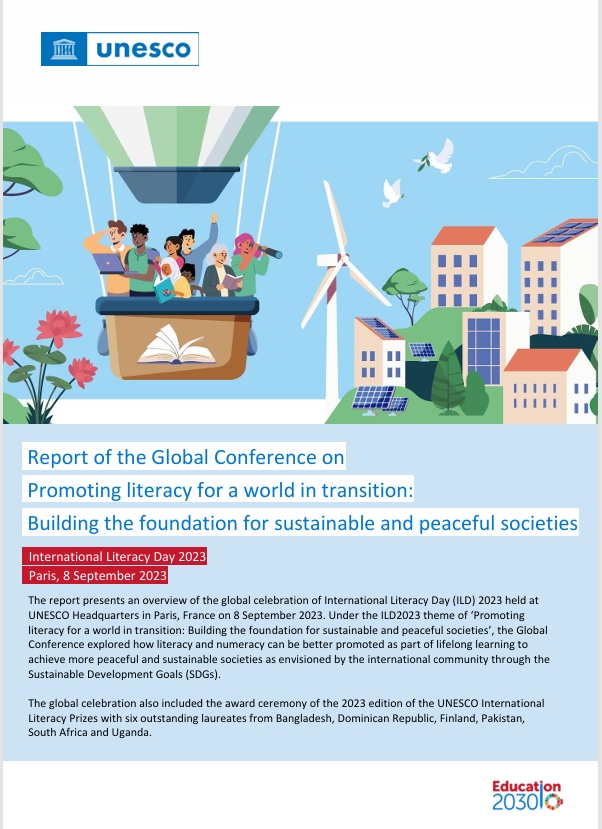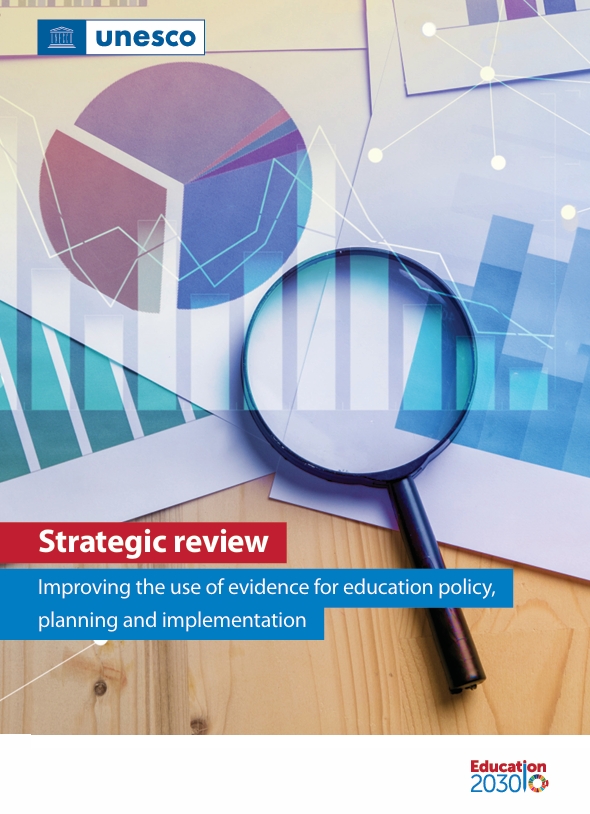Executive Summary
Social and emotional learning (SEL) equips young people
with competencies to lead productive and healthy lives.
SEL refers to life skills that support children and adults in
experiencing, managing, and expressing emotions, making
sound decisions, and fostering interpersonal relationships.
SEL protects against adverse risk-taking behaviors, emotional
distress, and conduct problems, and contributes to health,
academic achievement, and success later in life.1,2
There are barriers, however, that prevent many students of
color and other marginalized youth from developing social
and emotional competencies. For all students to benefit, SEL
must be grounded in a larger context of equity and justice
efforts within public education. Doing so will help to identify
and dismantle barriers that prevent many students from
accessing and benefitting from SEL. Importantly, these efforts
should not be viewed as a corrective measure for students of
color and marginalized youth, but rather as an opportunity
to ensure all children experience the benefits of a quality
education that includes opportunities for social, emotional,
and academic development (SEAD).
Connect with us :






